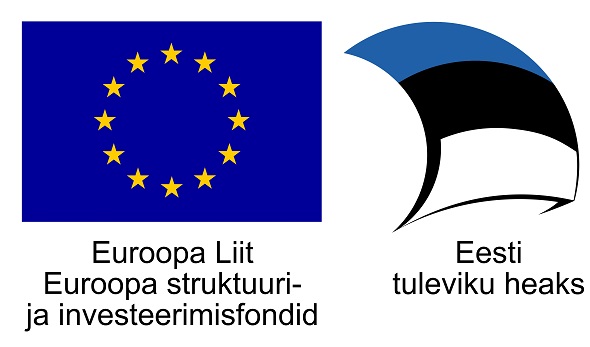Ragnar Siil selected as Cultural Policy Actor of the month
 Ragnar Siis was selected as Cultural Policy Actor of the month by Council of Europe and ERICarts. Ragnar currently works as independent cultural policy and creative industries consultant and represents Estonia at the international creative industries working groups. Ragnar Siil worked at the Estonian Ministry of Culture from 2005 and from 2011 until 2013 as Undersecretary of State for the Arts. In his position he was responsible for drafting the new cultural policy until 2020 and he has been the main architect of the creative industries policy in Estonia since 2006.
Ragnar Siis was selected as Cultural Policy Actor of the month by Council of Europe and ERICarts. Ragnar currently works as independent cultural policy and creative industries consultant and represents Estonia at the international creative industries working groups. Ragnar Siil worked at the Estonian Ministry of Culture from 2005 and from 2011 until 2013 as Undersecretary of State for the Arts. In his position he was responsible for drafting the new cultural policy until 2020 and he has been the main architect of the creative industries policy in Estonia since 2006.
Ragnar Siil has been a member of the European Union expert group on cultural and creative sectors (open method of coordination working group) since 2008 and from 2011 he has been chairing (and currently co-chairing with Kimmo Aulake from Finland) the expert group, which consists of 27 Member States and which has prepared a policy handbook on strategic use of EU Structural Funds for developing CCS and report on internationalisation and export strategies for CCS. Ragnar is also a member of the European Creative Industries Alliance’s Policy Learning Platform and has advised several candidate cities for the European Capital of Culture title. He has been involved in creative industries development initiatives in Latvia, Slovakia, Macedonia, Croatia, China, Czech Republic, Mongolia, Georgia, Iceland, Russia and many other countries.
The Compendium of Cultural Policies and Trends in Europe is a public information and monitoring service designed for:
- government officials to use in their policy making activities (policy conception, comparison, follow-up) and to keep the public informed about cultural policy developments in their country and in other countries
- the Council of Europe to monitor cultural policy developments and trends at national and European level, contribute to transversal political analysis, follow-up on standards (good practices, recommendations, conventions)
- for researchers to conduct comparative policy analysis
- for networks and NGOs providing input to their information and lobbying activities
- for journalists writing about cultural policy developments in their own country and to compare them with other countries
- for students as an information resource they can use in their courses on cultural administration, management and cultural policy
See more at http://www.culturalpolicies.net/web/cultural-policy-actor.php?aid=252





